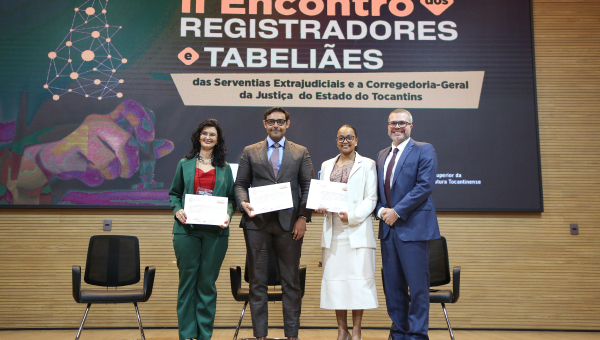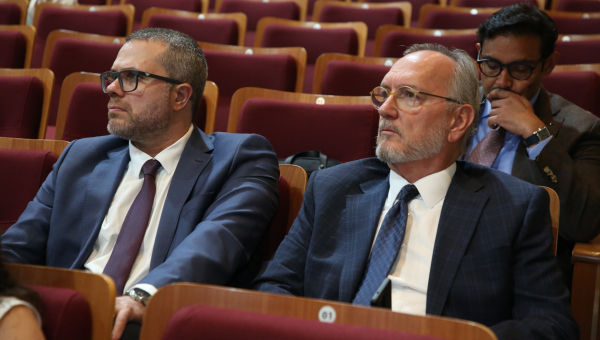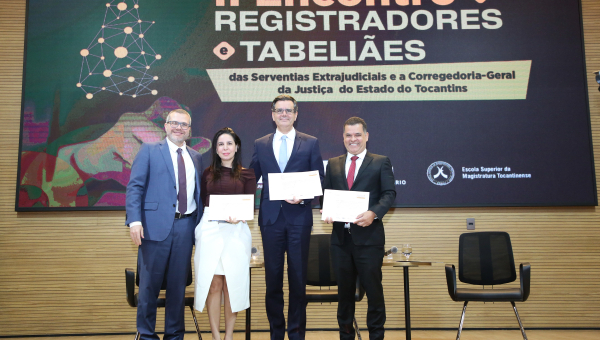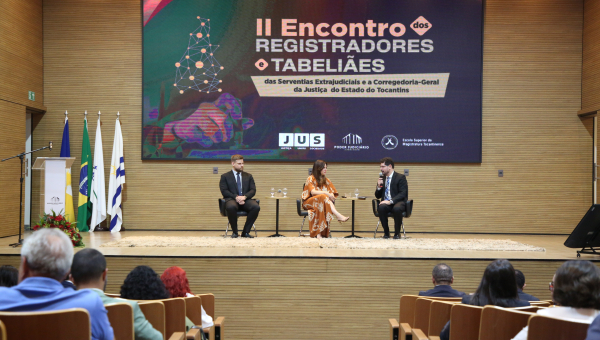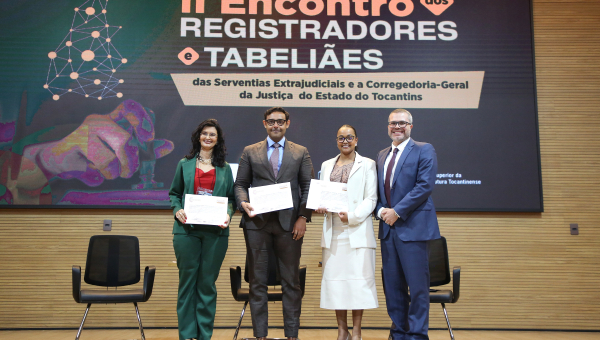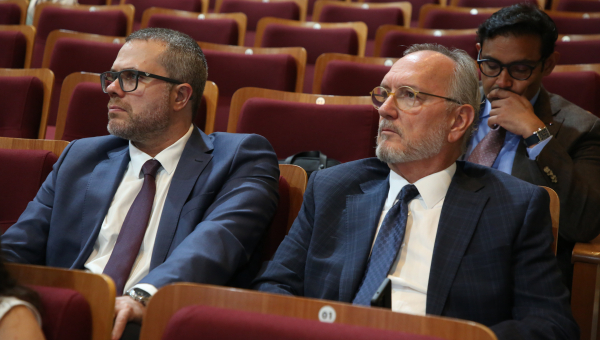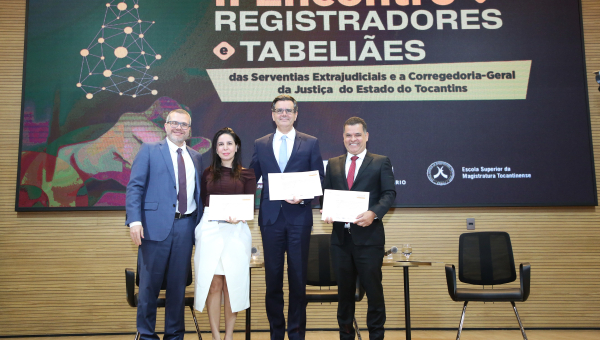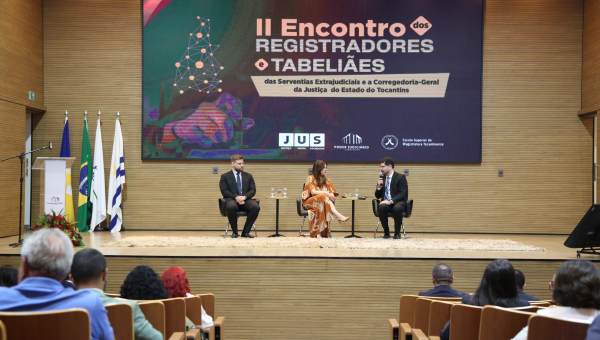
In order to strengthen the dialogue and technical qualification of extrajudicial services in the state of Tocantins, the General Internal Affairs of Justice (CGJUS) closed on Monday (October 6th), the II Meeting of Registrars and Notary Offices of the Extrajudicial Services, promoting an afternoon of lectures and debates on central issues for the modernization and transparency of the registration activity.
The evening programming began with a lecture on the protest of Certificates of Active Debt (CDA) and judicial titles, taught by Ionara Gaioso Galles, vice president of the Institute for Studies of Brazilian Title Protest (IEPTB-BR), which highlighted the role of protest as a tool for effectiveness in the recovery of credits and legal security of relationships. The speaker stressed that strengthening the mechanisms of authenticity is essential to ensure credibility to services and protection to the parties involved. "This brings more security for both notaries and registrars. One of the measures we have indicated is the inclusion of an authenticity code in the sites, which ensures more reliability and also protects the debtor", she said.
Then, the president of the National Operator of the Electronic Real Estate Register (ONR), Juan Pablo, presented a lecture on the role of the institution in the implementation of the electronic statistical inventory of the sector. During his presentation, he stressed that the initiative represents a significant advance in the integration of real estate information at national level, allowing more transparency, efficiency and reliability in the data involving the registry system.
Closing
Closing the meeting, the lawyer and consultant in Notary Law and Registry, José Elias de Albuquerque Moreira, presented the lecture on 'The performance of notaries' as prevention agents in the fight against money laundering and financing of terrorism, highlighting the essential role of extrajudicial services in the integrity of the financial system and the protection of state structures.
In his presentation, José Elias stressed that money laundering and the financing of terrorism corrode the economic and social bases of the country, weakening the economy and compromising development. "The first contact made in the notary office allows notaries to filter information more precisely; an essential step, because the more data is provided without quality, the greater will be the difficulty of the authorities in ascertaining illegal," he said.
With the closing, the event reaffirmed the commitment of the General Internal Affairs of Justice to the constant improvement of extrajudicial services and the construction of a collaborative network among magistrates, registrars and other operators of the Law, consolidating the commitment to modernization of CGJUS, transparency and institutional strengthening of the sector.
